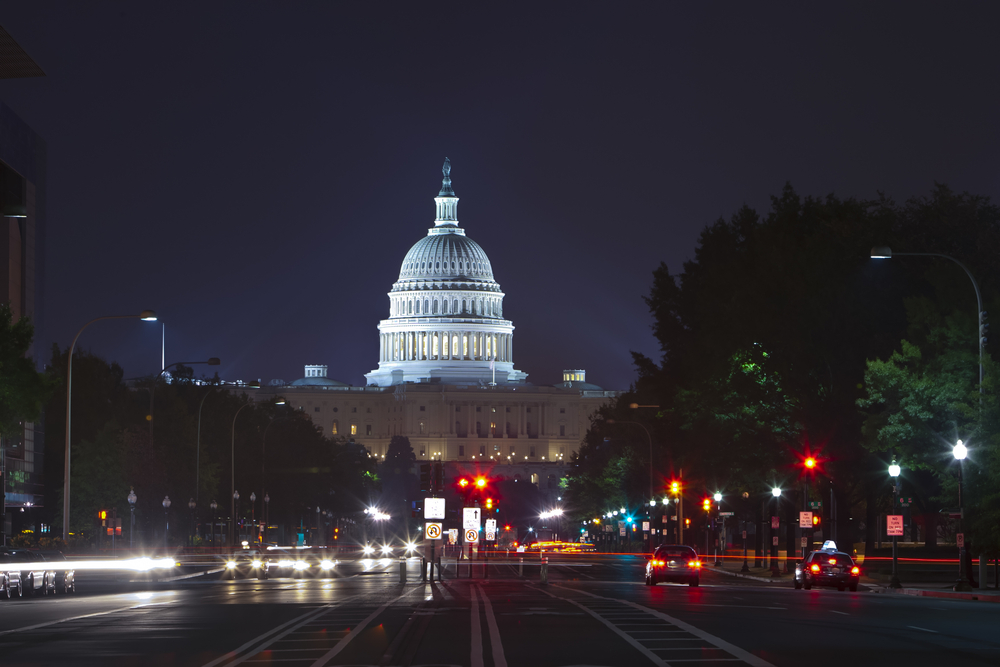US Regulatory Climate Continues to Be Hazy for ICOs

The US Congress continues to pass business-friendly legislation, but many in the cryptoasset space complain that ambiguities in federal securities laws will prevent initial coin offering issuers (ICOs) from taking advantage of them.
Last week, the House of Representatives passed the Regulation A+ Improvement Act of 2017, which seeks to implement a 50 percent increase to the amount of capital that small companies can raise through securities offerings that are much less robust than the traditional initial public offering (IPO) route pursued by large firms.
If the bill passes the Senate and is signed into law by President Trump, companies pursuing Regulation A+ securities offerings will be allowed to raise up to $75 million and accept some investments from retail investors.
Unfortunately, industry observers warn that blockchain startups seeking to raise capital through ICOs may not be able to take advantage of this business-friendly regulatory climate due to ambiguities in how this nascent fundraising model fits into a nearly century-old legal framework.
As industry giant Coinbase stated in written testimony before a House subcommittee last week:
“Unfortunately, the current regulatory environment — in particular regulation by enforcement without enough clear guidance on what is permissible — is harming healthy innovation in the U.S. There is so much uncertainty about the definition of a security and the scope of regulatory control that the market is being chilled. This is bad for everyone because the technology won’t stop — it will simply move overseas and we will miss out on the opportunity to cultivate the benefits in the U.S.”
“For us, the chilling effect can be shown by the difficulty of determining with certainty when a token is not a security. Because we seek to comply with all applicable laws and regulations, we simply cannot take the risk that a token is later found to be a security,” Coinbase concluded.
Indeed, as CCN.com has reported, the Securities and Exchange Commission (SEC) has taken an increasingly hard line against token sales and has acknowledged that it is investigating dozens of ICO operators for potential violations of securities laws. Agency officials have said that the current regulatory framework is sufficient for determining whether an ICO is a security, but it has not provided startups with guidance on how to determine on which side of that classification their token sales fall.
Moreover, the Treasury Department has suggested that ICO operators may be subject to certain regulations governing financial institutions, such as the Bank Secrecy Act (BSA). This broad interpretation of federal law could require ICO issuers to register as money service businesses (MSB) — a requirement with which few startups are likely equipped to comply.
However, as witnesses — and several lawmakers — warned during last week’s House subcommittee meeting on cryptocurrencies and ICOs, this uncertain regulatory climate will not kill the burgeoning industry, which has taken root across the globe.
Rather, it will continue to lead many blockchain startups to relocate offshore and bar US residents from contributing to their crowdsales — leaving the US on the sidelines as innovation proceeds elsewhere.
Featured image from Shutterstock.